Metabolism

Serine/threonine kinase AMPK upregulates glucose uptake by promoting the expression and function of glucose transporters. AMPK is activated by increased AMP/ATP ratio, resulting from cellular and environmental stress, e.g. low glucose, heat shock, hypoxia and ischemia. AMPK activation positively modulates signaling transductions that refill ATP levels. Moreover, it also stimulates catabolic processes such as fatty acid oxidation and glycolysis through inhibition of ACC and activation of PFK2. AMPK negatively regulates various proteins which are important to ATP-consuming mechanisms, e.g. mTORC2, glycogen synthase, SREBP-1, and TSC2, causing the downregulation/inhibition of gluconeogenesis and glycogen, lipid and protein synthesis.
-
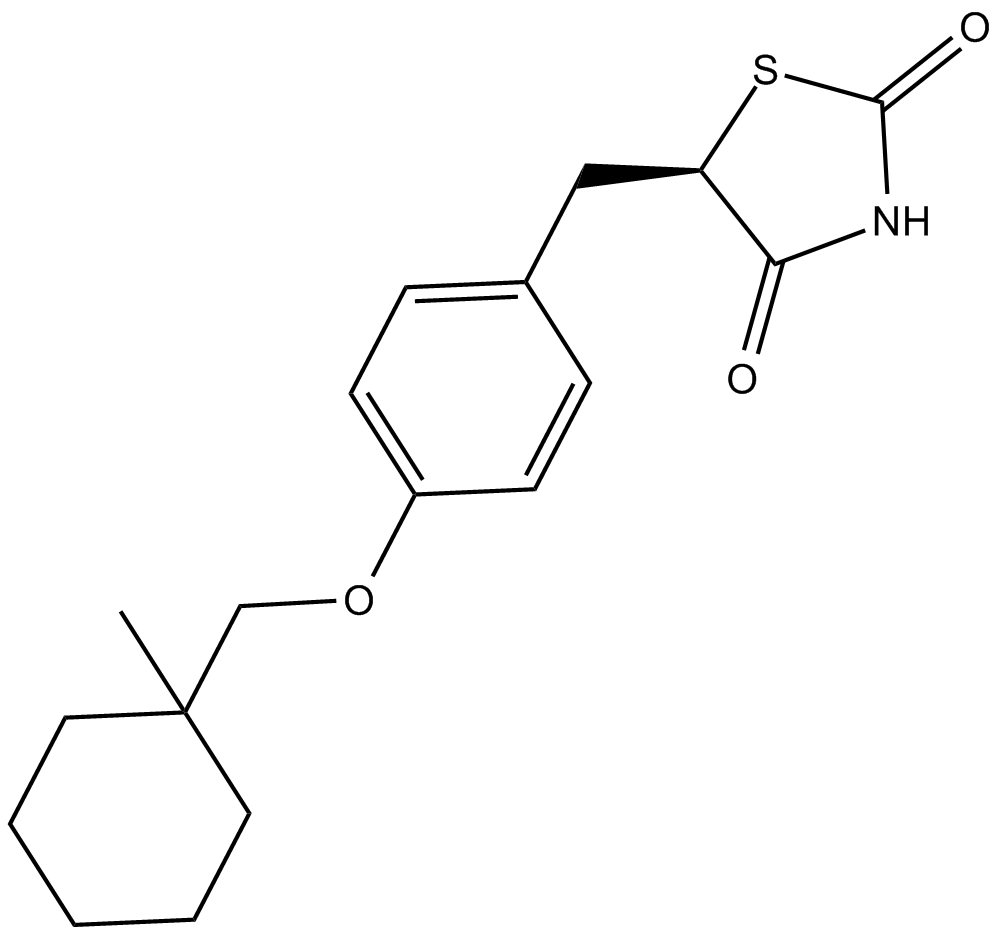 B6681 CiglitazoneSummary: PPARγ agonist
B6681 CiglitazoneSummary: PPARγ agonist -
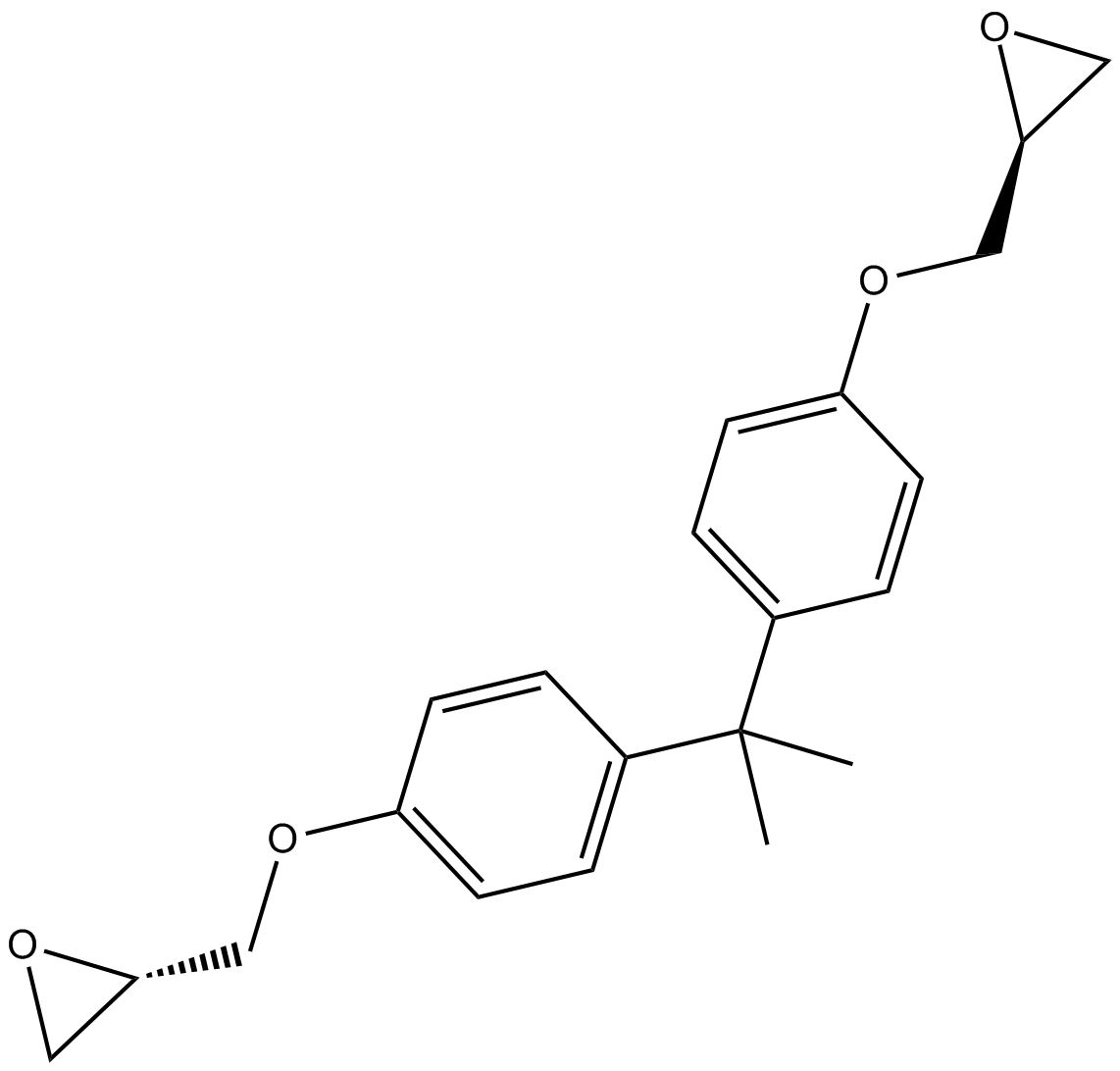 B6691 BADGESummary: PPARγ antagonist
B6691 BADGESummary: PPARγ antagonist -
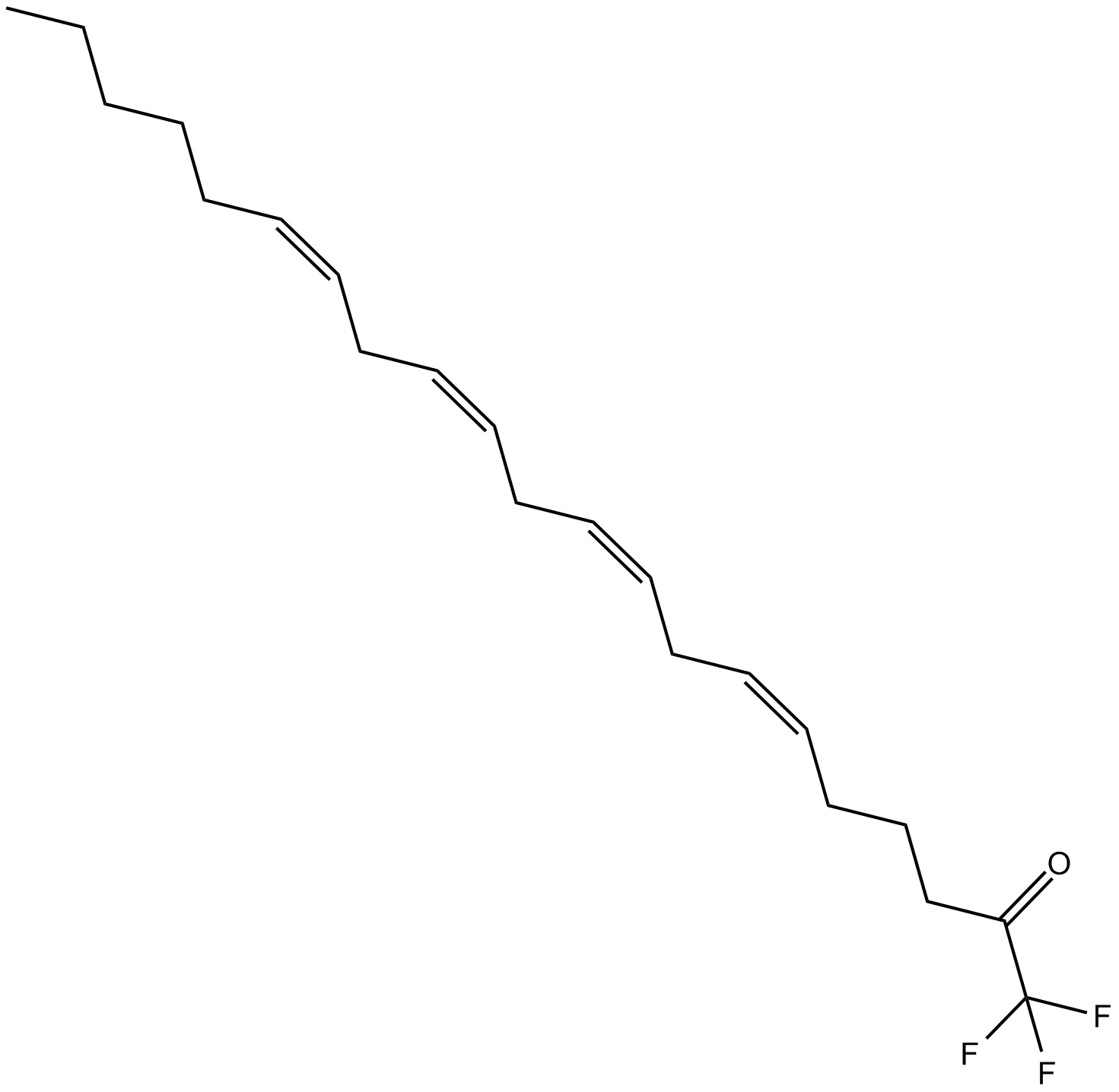 B6748 AACOCF32 CitationSummary: Inhibitor of cPLA2/anandamide hydrolysis/FAAH
B6748 AACOCF32 CitationSummary: Inhibitor of cPLA2/anandamide hydrolysis/FAAH -
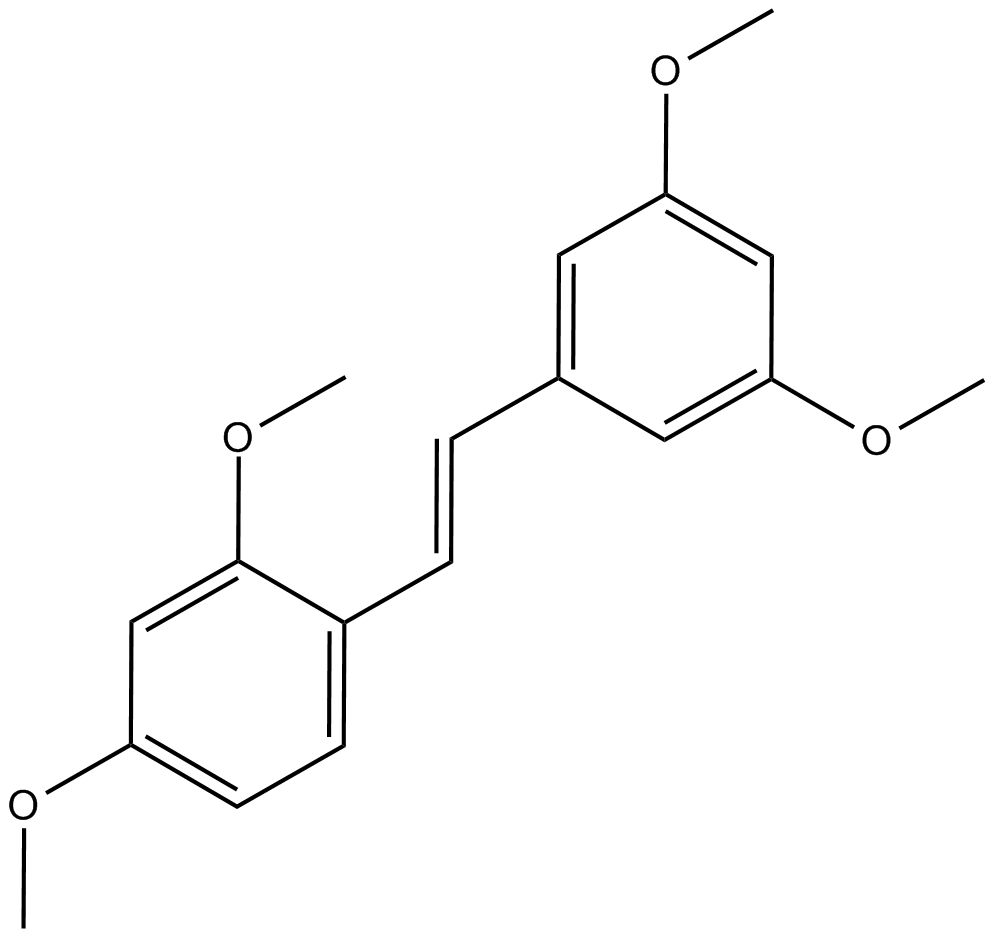 B6768 TMSSummary: cytochrome P450 1B1 inhibitor
B6768 TMSSummary: cytochrome P450 1B1 inhibitor -
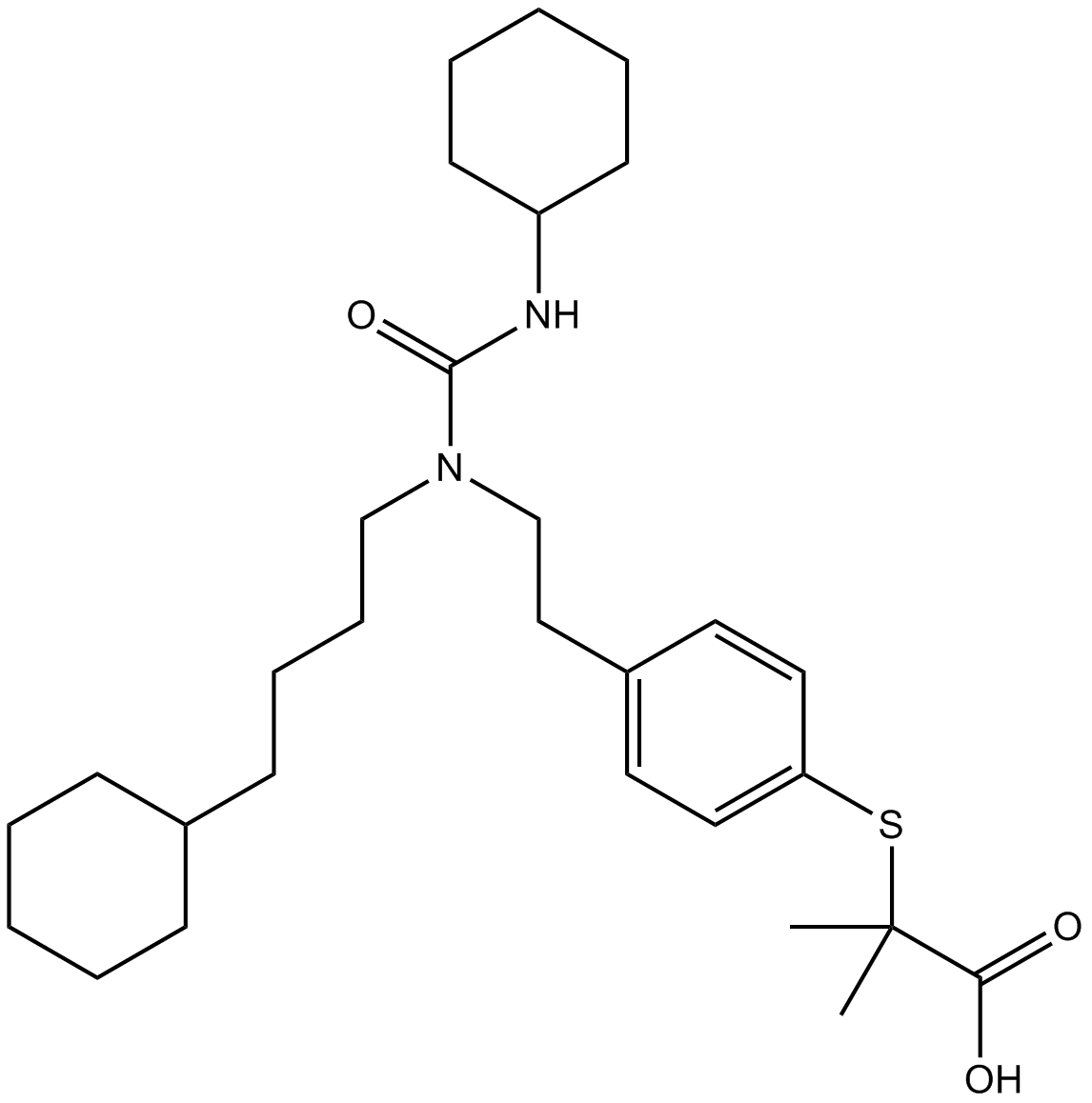 B6826 GW 7647Summary: PPARα agonist
B6826 GW 7647Summary: PPARα agonist -
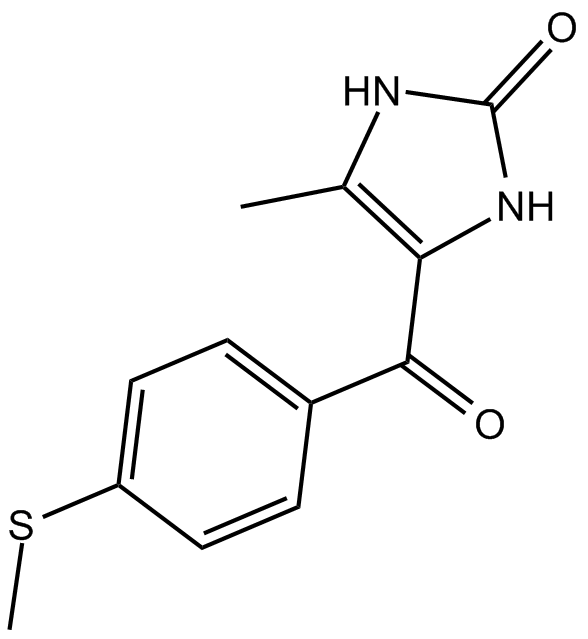 B6833 EnoximoneSummary: type III phosphodiesterase (PDE3) inhibitor
B6833 EnoximoneSummary: type III phosphodiesterase (PDE3) inhibitor -
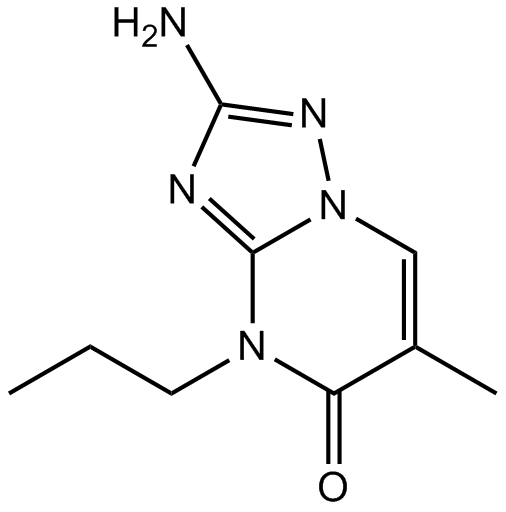 B6868 ICI 63197Summary: PDE4 inhibitor
B6868 ICI 63197Summary: PDE4 inhibitor -
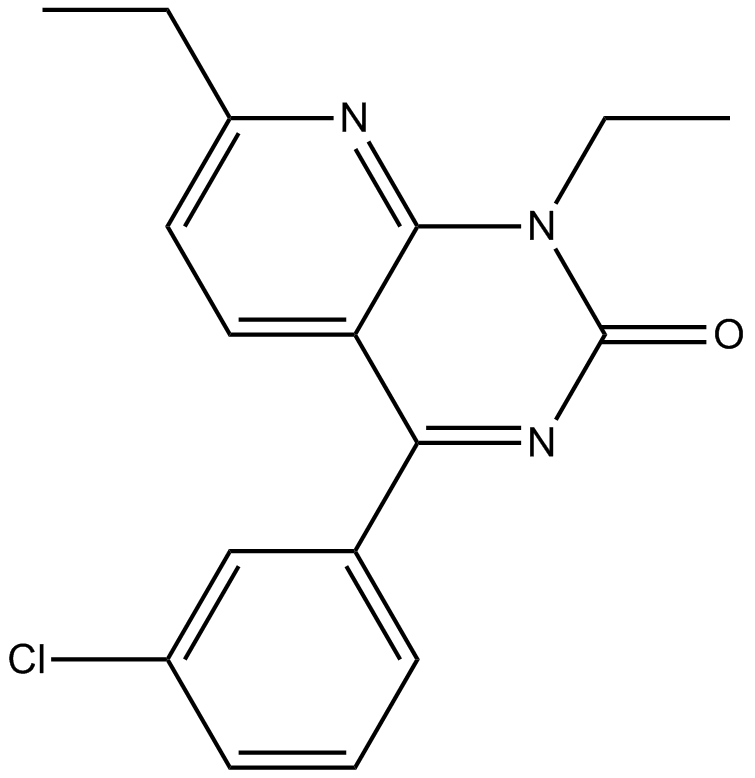 B6870 YM 976Summary: PDE4 inhibitor, orally active
B6870 YM 976Summary: PDE4 inhibitor, orally active -
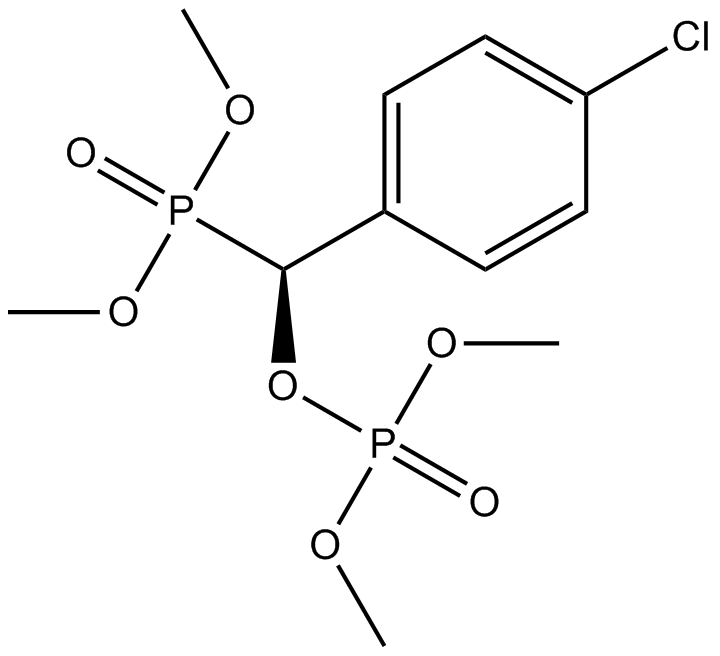 B6929 SR 202Summary: PPAR antagonist
B6929 SR 202Summary: PPAR antagonist -
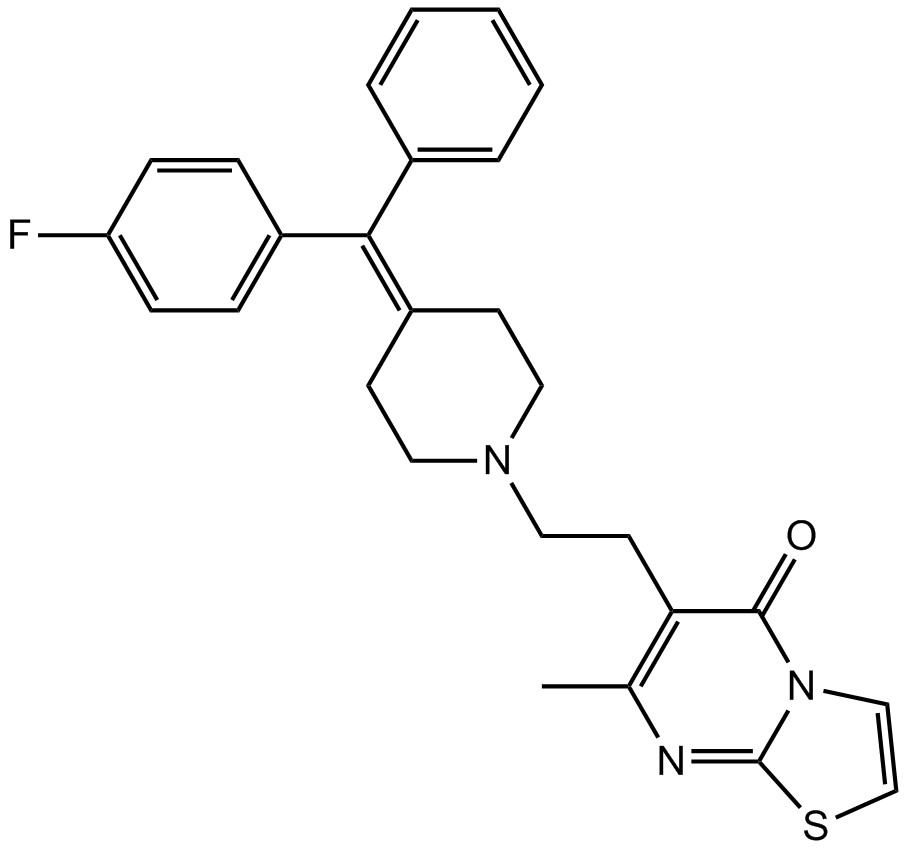 B6967 R 59-022Summary: Diacylglycerol (DAG) kinase inhibitor
B6967 R 59-022Summary: Diacylglycerol (DAG) kinase inhibitor

